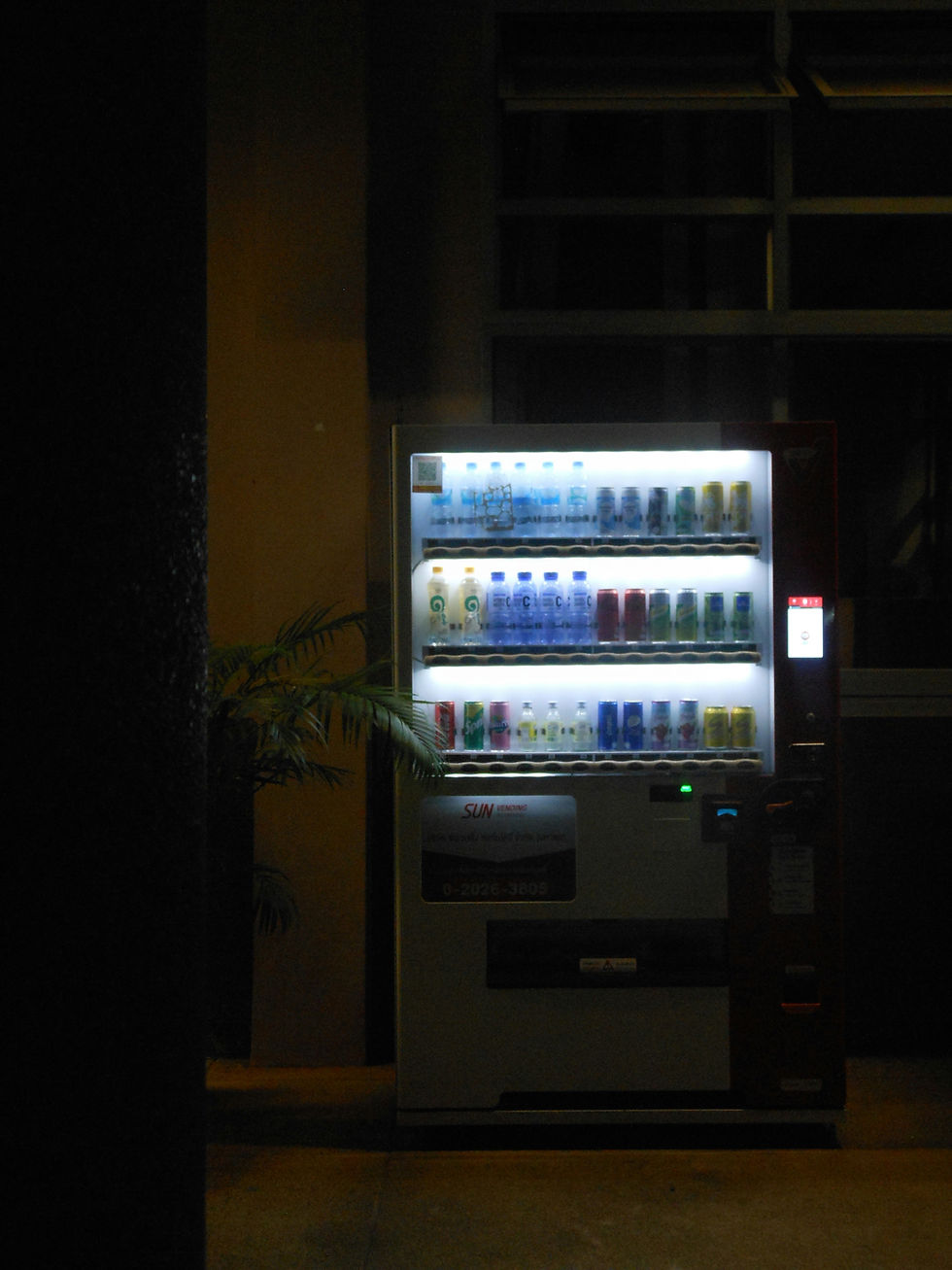Refreshment focuses on the water dispenser/cooler, office coffee service and vending sectors, while also taking an in-depth look into products for vending from bottled water and drinks, to snacks and confectionery. It also focuses on hydration, health and wellness, new technologies and environmental and social responsibility issues.
Research
Coffee & tea


As the demand for no- and low-alcohol options grows, so too does the appreciation for premium spring water as a sophisticated choice in social settings. From the growing popularity of no- and low-alcohol options to a renewed focus on premium hydration, the drinks landscape is evolving. Matthew Orme, director at Wenlock Spring, explores how these changing preferences are creating new opportunities for the hospitality industry – and why venues must adapt to meet demand.
How and what people are drinking is changing. The moderation movement – once a niche trend – is now firmly in the mainstream, with consumers increasingly looking for healthier, high-quality alternatives to alcohol.
As a premium water brand supplying the hospitality, specialist retail, travel and education sectors, Wenlock Spring has seen firsthand how changing consumer preferences – particularly among younger demographics – are reshaping the drinks landscape.
Alcohol is no longer the default
No longer is alcohol the default choice in social settings. Instead, we are witnessing a rise in trends like ‘zebra striping,' where consumers alternate between alcoholic and non-alcoholic drinks during a night out, and an increasing confidence in the quality and variety of no- and low-alcohol alternatives.
Recent data underscores this shift. In 2023, an estimated 8.8 million people in the UK participated in Dry January, highlighting the growing awareness of the health benefits associated with reducing alcohol intake. However, what’s even more telling is that sales of no- and low-alcohol drinks in December last year outstripped those in January for the first time ever. This proves that mindful drinking is no longer just a resolution – it’s a year-round choice.
Gen Z, often referred to as the ‘sober curious’ generation, is leading the charge towards moderation. A Mintel study found that around a third of 18-24-year-olds have shunned alcohol entirely, while those who do drink are more likely to moderate their intake. This shift is not only influencing individual choices but is also reshaping social norms and expectations.
The hospitality industry has always been defined by its ability to adapt, and the growing demand for premium no- and low-alcoholic options is no exception. Take, for example, the surge in alcohol-free beer sales. Greene King, one of the UK’s leading pub retailers, reported a 238% increase in draught alcohol-free sales in January, demonstrating the growing appeal of non-alcoholic alternatives in pub settings. Similarly, Aldi saw a 190% year-on-year increase in sales of its Zerozecco sparkling wine alternative, proving that consumers are actively seeking out sophisticated alternatives to alcohol.
High-quality hydration options have become just as important as alcoholic beverages in social settings. Whether it’s a premium spring water paired with a meal, a carefully crafted alcohol-free cocktail, or a sophisticated soft drink, consumers want their choices to feel special. Venues that fail to acknowledge this shift risk alienating a growing customer base that expects more thoughtful choices.
Water: The original alternative
While the rise of alcohol-free beers, craft sodas and mocktails has been widely discussed, we shouldn’t overlook the original and healthiest alternative to alcohol: water. Long before the boom in no- and low-alcoholic alternatives, water was the go-to drink for those choosing not to consume alcohol. It remains the healthiest and most natural option on the shelf, free from sugar, artificial additives and calories.
For centuries, water has been a staple in social and dining settings. Whether paired with a meal, used as a palate cleanser or simply enjoyed for its refreshing qualities, water plays a crucial role in hospitality. Unlike soft drinks or alcohol-free alternatives, spring water is a natural product – one that enhances rather than competes with the flavours of food and wine.
Despite the shift in drinking habits and the health benefits of drinking water, hospitality businesses are still pouring thousands of pounds of potential profits down the drain every year by not offering their customers premium spring water.
Spring water has the potential to become a third major profit centre for venues, alongside food and alcohol. Yet, many businesses fail to actively offer it to customers, instead defaulting to tap water – a choice that, while convenient, can come with hidden costs and even detract from the overall dining experience.
In contrast, premium bottled water offers consistency in taste, quality and presentation – factors that can significantly enhance the customer’s dining experience.
New research has found that the hospitality sector is behind the curve when it comes to delivering on the growing demand for alcohol-free options. While data has shown alcohol-free options are available in the on-trade, their visibility on both the menus and the bar wasn't strong.
These options need to be visible – ideally they should be listed on menus and beverage lists. In terms of water, servers should also be given customers the courtesy of being able to choose between still, sparkling or tap.
Beyond taste and experience, sustainability is a major driver in the changing drinks landscape. Today’s consumers are more conscious of their environmental footprint and are making choices based on ethical considerations. This extends to what they drink – whether it’s choosing beverages with recyclable packaging, opting for locally sourced products or supporting brands that actively invest in green initiatives.
The hospitality industry is also recognising this shift. Many venues are actively seeking to reduce their environmental impact by replacing single-use plastic and partnering with suppliers that prioritise sustainability.
The future of hospitality
As we move further into 2025, one thing is clear: the future of hospitality isn’t just about alcohol – it’s about quality, experience and choice.
Hospitality venues that embrace this shift will stand out in an increasingly competitive market. By offering a well-curated selection of premium no- and low-alcoholic options – including high-quality hydration choices – they will appeal to a broader audience and create a more inclusive experience for all customers.
The evolution of social drinking is already underway, and the demand for premium soft drinks and hydration options will only continue to grow. The venues that recognise this, adapt their menus and provide the same level of thought and care to non-alcoholic choices as they do to alcoholic ones will be the ones that thrive in the years to come.
For those in the hospitality industry, the message is simple: drinks trends are changing and now is the time to adapt. Whether through offering a sophisticated alcohol-free cocktail menu, stocking high-quality spring water or prioritising sustainable choices, the key to success lies in meeting evolving consumer expectations and delivering exceptional experiences for all.
Related posts
2026 outlook: How the vending and water sectors are shaping a smarter, more sustainable future
Representatives from the Automatic Vending Association (AVA), the European Vending & Coffee Service Association (EVA), the Water Dispenser & Hydration Association (WHA) and Zenith Global offer their insights into how technology, consumer behaviour and legislation will shape the future of automated retail and hydration.
.png)

%20(1).jpg)













